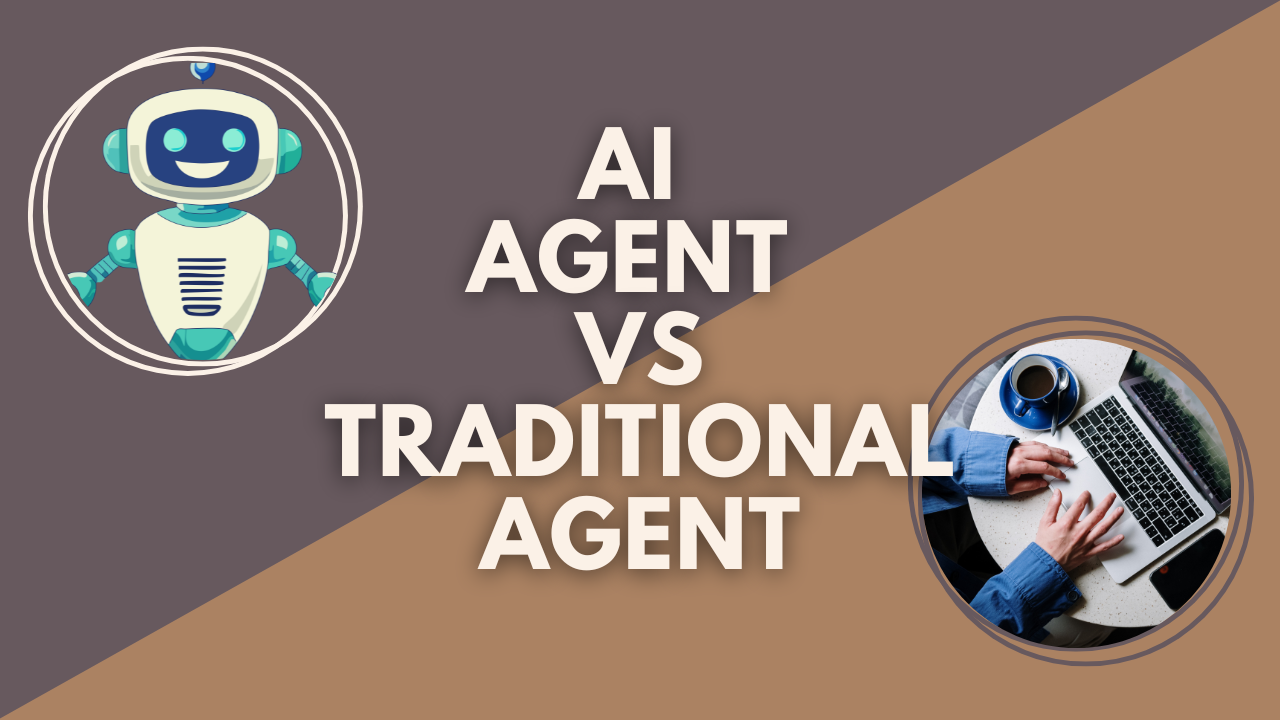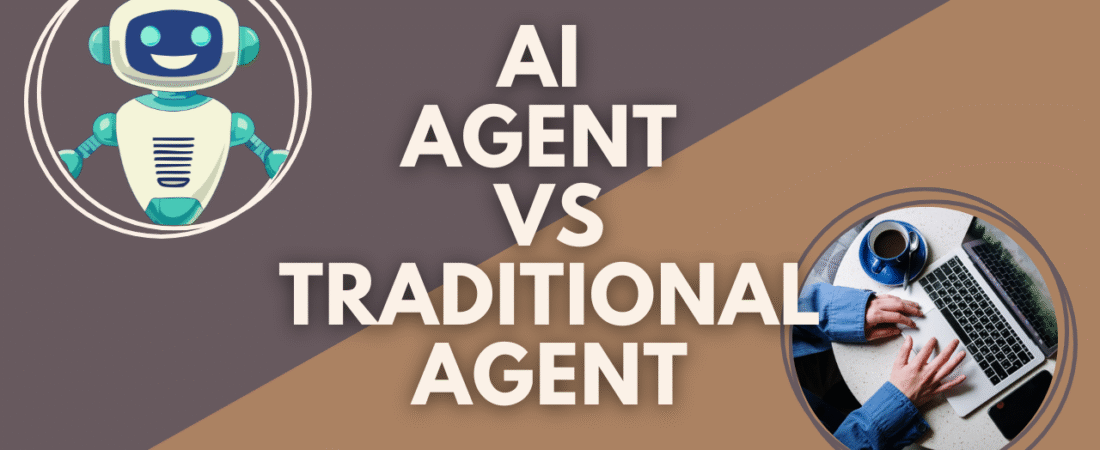
AI Agents vs Traditional Automation Tools: A 2025 Deep Dive
Introduction: Why I Explored AI Agents vs Traditional Automation in 2025
When I first started automating my workflows, I relied heavily on Zapier, Make, and n8n. They worked great for connecting apps, moving data, and setting up “if this, then that” rules. But in 2025, I noticed something new: AI agents being built directly into SaaS platforms.
I wanted to find out: Are AI agents really better than traditional automation tools, or is it just another tech buzzword? So, I tested both approaches across real SaaS use cases, marketing, finance, and customer support, and here’s what I discovered.
Quick Summary: AI Agents vs Traditional Automation
-
Traditional Automation Tools (Zapier, Make, n8n): Rule-based, predictable, reliable.
-
AI Agents: Goal-driven, context-aware, adaptive.
-
Best For:
-
Automation tools → structured, repeatable tasks.
-
AI agents → complex, dynamic workflows with decision-making needs.
-
Deep Dive: How Traditional Automation Tools Work
1. Trigger-Based Workflows
Traditional tools operate on triggers and actions: “If a new lead is added in HubSpot, then send an email via Gmail.”
2. Strengths I Experienced
-
Extremely reliable for repeatable processes.
-
Easy to set up with pre-built integrations.
-
Great for SMBs starting automation.
3. Limitations I Faced
-
Can’t adapt if conditions change (e.g., if a customer ignores 3 emails, the tool won’t adjust its strategy).
-
Complex workflows quickly become hard to manage.
-
Mostly reactive, not proactive.
How AI Agents Differ in SaaS (My Testing Insights)
1. Context-Awareness
When I tested an AI sales assistant in HubSpot, it didn’t just send messages; it analyzed customer engagement history and chose the best outreach method.
2. Multi-Step Decision Making
I ran an experiment with a finance agent:
-
Pulled Stripe payments.
-
Compared with QuickBooks.
-
Detected inconsistencies.
-
Suggested corrections, all without me manually mapping each step.
3. Adaptive Workflows
Unlike Zapier, AI agents don’t stop at “if this, then that.” They work toward a goal, like converting leads, resolving support tickets, or reconciling accounts.
Feature Comparison: AI Agents vs Automation Tools
Traditional Automation Tools (Zapier, Make, n8n):
-
Rule-based.
-
Great for repetitive, structured tasks.
-
Limited decision-making.
-
Requires ongoing manual updates.
AI Agents in SaaS (Notion AI, Zendesk AI, Hostinger Horizons, HubSpot# AI):
-
Context-aware, adaptive, goal-driven.
-
Can handle unstructured data (emails, chat, logs).
-
Learn and improve over time.
-
Still an early stage, sometimes less predictable.
Real-World Use Cases I Tested
1. Marketing & Sales
-
Traditional automation: Zapier → New lead in Facebook Ads = Add to HubSpot CRM.
-
AI agent: HubSpot AI suggested custom outreach timing & channel based on lead history.
2. Customer Support
-
Traditional automation: n8n → Ticket created in Zendesk = Notify support team.
-
AI agent: Zendesk AI resolved FAQs automatically, escalating only complex cases.
3. Finance & Operations
-
Traditional automation: Make → Send daily invoice report to Slack.
-
AI agent: AI finance assistant flagged anomalies in transactions and suggested corrections.
Pros & Cons (From My Hands-On Testing)
Traditional Automation Tools:✔️ Reliable, stable, and widely supported.
✔️ Easy to learn and use.✔️ Great for beginners.
❌ Limited flexibility.❌ Can’t handle unstructured data well.AI Agents in SaaS:✔️ Adaptive, goal-driven workflows.
✔️ Handle unstructured + structured data.✔️ Reduce manual monitoring.
❌ Still evolving, occasional “black box” issues.❌ May require trust in vendor’s AI security.
Which Should You Choose in 2025?
-
If your workflows are predictable, repetitive, and structured → stick with Zapier, Make, or n8n.
-
If you need adaptive decision-making, personalization, and dynamic workflows → AI agents are the better choice.
From my experience, the best strategy isn’t “either-or”, it’s combining both. I now use Zapier for simple, rule-based tasks and AI agents for complex, adaptive workflows.
FAQs About AI Agents vs Automation Tools
1. Are AI agents replacing Zapier and Make?
Not yet. They complement them, handling more complex and adaptive workflows.
2. Do AI agents need coding?
No, most SaaS tools with AI agents are no-code by design.
3. Are AI agents more expensive?
They’re often included in SaaS pricing tiers, but advanced features may cost more.
4. Which is more reliable?
Automation tools are more predictable. AI agents sometimes “overthink” tasks but improve over time.
5. Can small businesses use AI agents?
Yes, Notion AI, Hostinger Horizons, and Zendesk AI are built with SMBs in mind.
6. What’s the future, agents or rules?
Likely a hybrid model: automation tools for structure, intelligence agents.
Final Verdict: AI Agents vs Traditional Automation in SaaS
After testing both side by side in 2025, I’d sum it up like this:
-
Traditional automation tools are the backbone. They’re stable, predictable, and perfect for rule-based workflows.
-
AI agents are the future. They bring adaptability, intelligence, and context-awareness to SaaS.
If you’re a business owner, my advice is: don’t abandon your automation tools, augment them with AI agents where adaptability adds real value.
